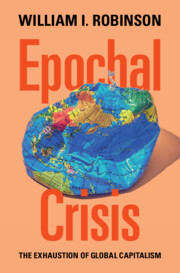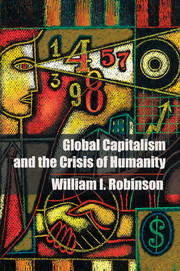Nicaraguan president Daniel Ortega began a fourth consecutive term in office in January 2022, in the midst of a political and economic crisis that portends protracted instability in the Central American country. Since returning to office in 2007, Ortega and his wife, and vice-president, Rosario Murillo have dressed in a quasi-leftist discourse of “Christian, Socialist, and Solidarity”, their programme of constructing a populist multiclass alliance under the firm hegemony of capital and Sandinista state elites. This alliance began to unravel in the second decade of the century, and then collapsed entirely in the aftermath of the government's violent repression of a 2018 mass popular uprising. The repression – which according to Amnesty International involved excessive use of force, extrajudicial executions, control of the media and the deployment of pro-government paramilitary squads against protesters (Amnesty International 2018) – left several hundred dead and sent tens of thousands more into exile.
With seven opposition presidential candidates imprisoned and held incommunicado in the months leading up to the November 2021 vote, and all the remaining contenders but one coming from small parties allied with Ortega and Murillo and his Sandinista National Liberation Front (FSLN), the results of the presidential elections were a foregone conclusion. In a complete breakdown of the rule of law, Ortega carried out a wave of repression from May to October, arresting, and detaining without trial, under various draconian national security laws, several dozen opposition figures. Among them were presidential candidates; peasant, labour and student leaders; journalists; and environmentalists. Several hundred others were forced into exile or underground.
Those arrested or forced underground in the pre-electoral crackdown included a number of historical revolutionary leaders, among them legendary guerrilla commanders Dora María Téllez and Hugo Torres. Both had participated in the 1978 raid on the National Palace that forced the Somoza dictatorship to free 60 political prisoners, and Torres had also participated in the daring 1974 Christmas party raid that forced Somoza to release Daniel Ortega from prison. Among those exiled were celebrated novelist, and Ortega's vice-president during the 1980s revolution, Sergio Ramirez.

